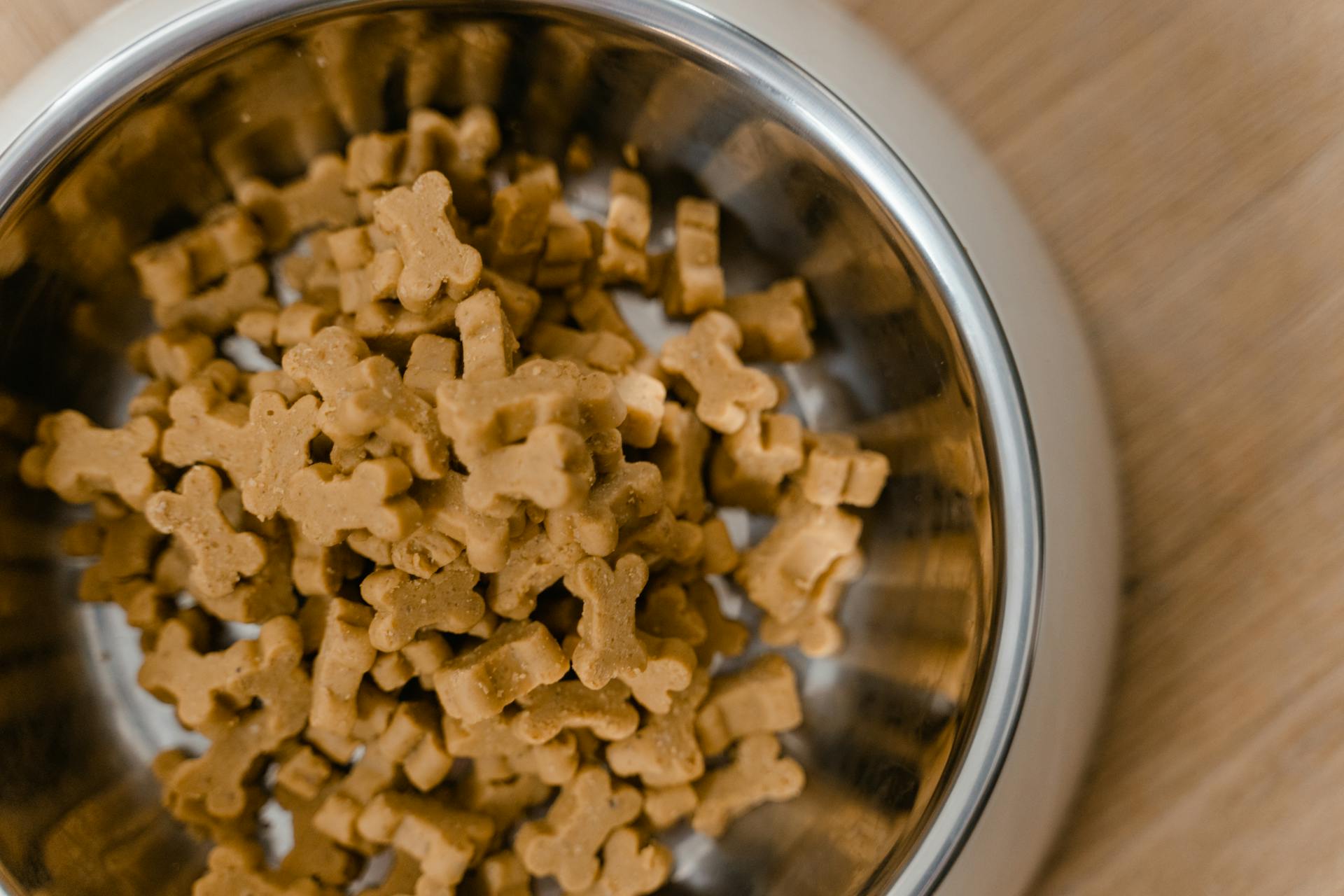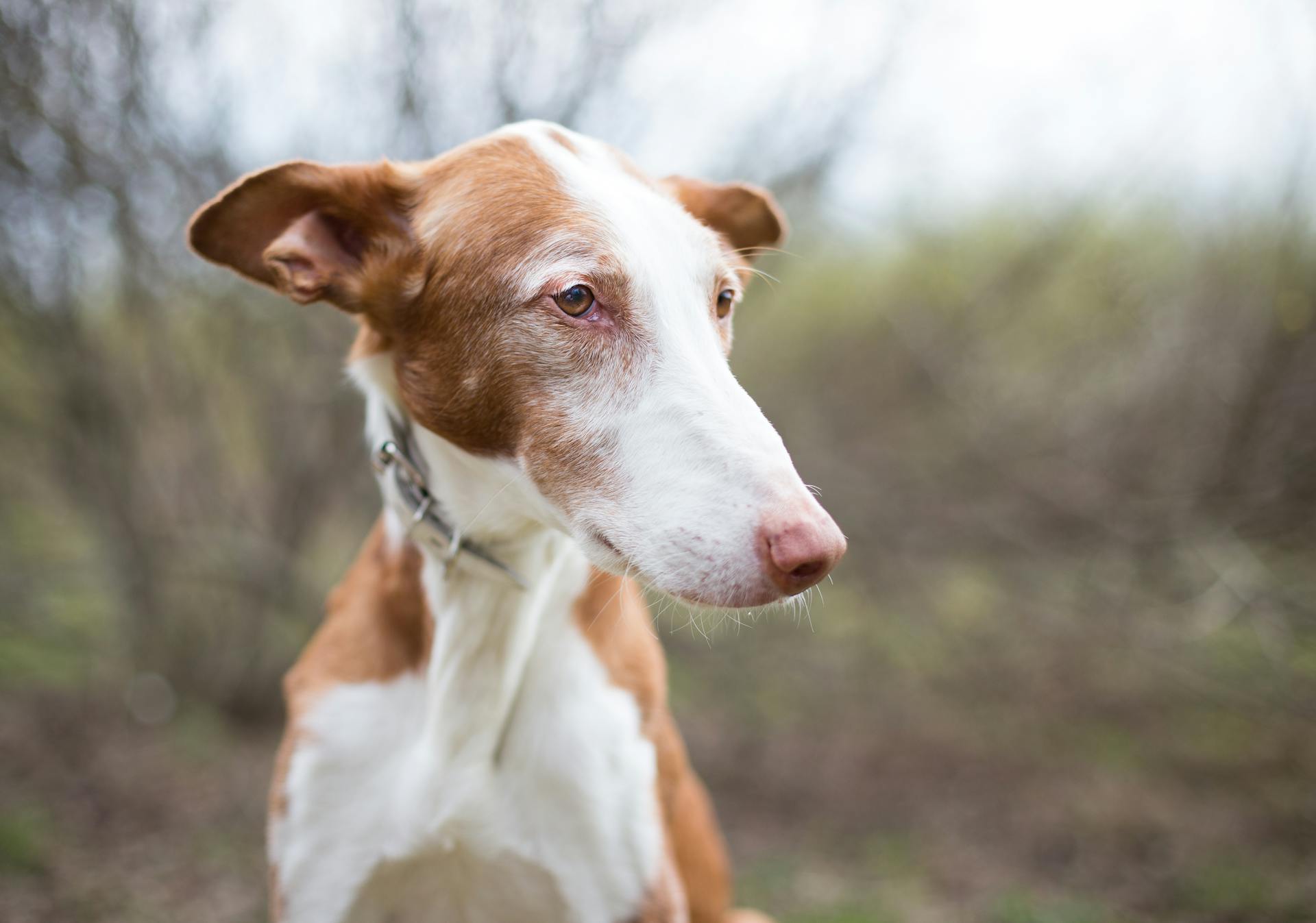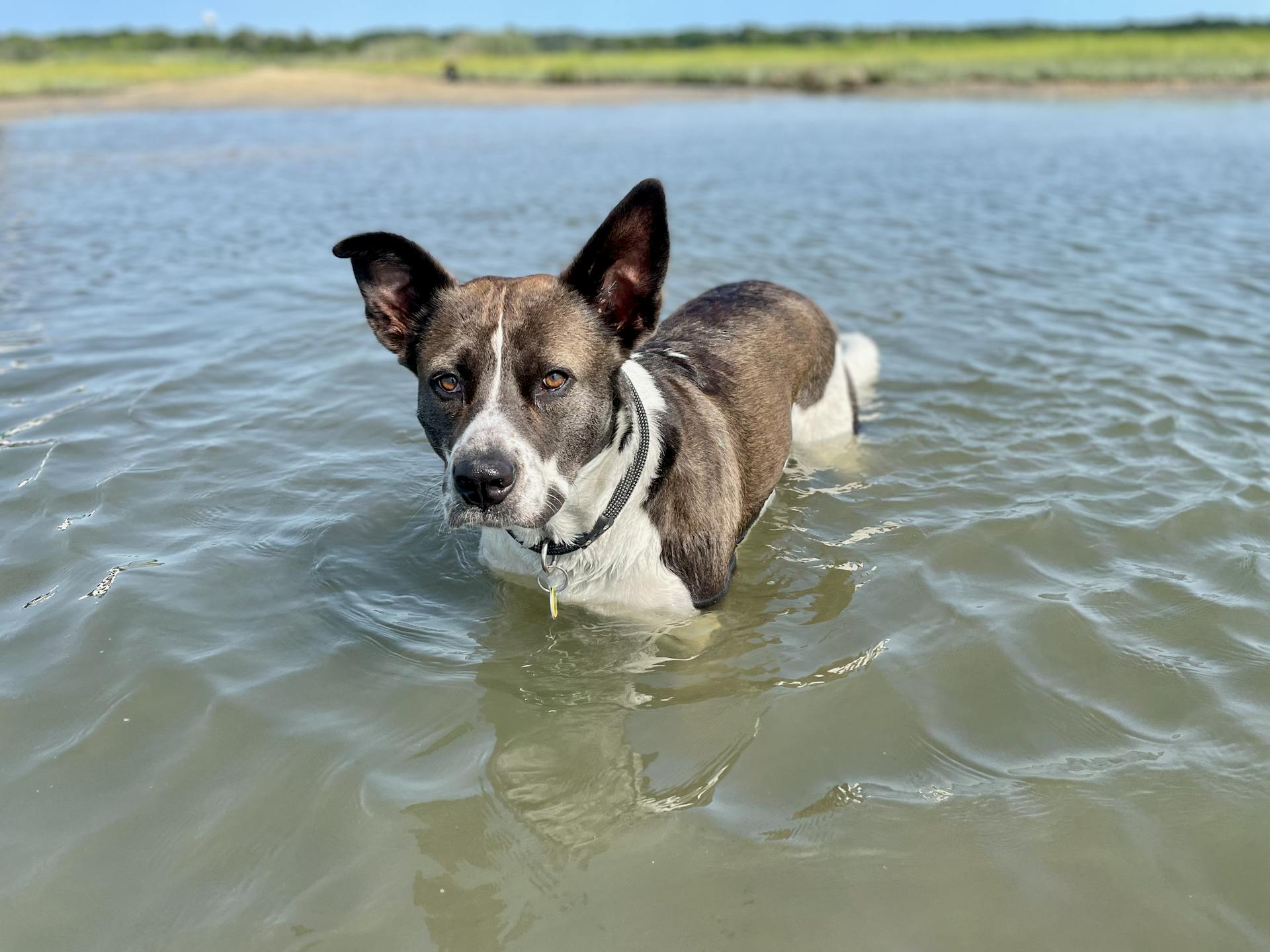
Canine units are a crucial part of law enforcement teams, providing a unique set of skills that complement human officers.
These highly trained dogs are used for a variety of tasks, including narcotics detection, suspect apprehension, and search and rescue operations.
Their keen sense of smell and agility make them invaluable assets in high-pressure situations.
With proper training and care, canine units can serve for up to 10 years, providing a long-term partnership between dog and handler.
Training and Certification
The Canine Unit's detection canines train weekly to maintain a high level of proficiency, which helps both the handler and the canine improve their search techniques and problem-solving abilities.
The bond between the canine and handler is strengthened through regular training, making them a more effective team.
Canine teams are tested regularly by the unit commander to ensure they meet the required standards.
All handlers and canines attend certification trials once a year, which is a rigorous process that assesses their skills and knowledge.
The certifying body is the United States Police Canine Association, a national organization involved in the certification process across the country.
Canine teams from Kentucky, Indiana, and Ohio, which is Region 5, come together to be certified by the USPCA.
Initial training for Canine officers and their partners is received out of state, where they learn to work with their new partners and perform new tasks.
Yearly certification through the USPCA is required for Canine officers to be eligible to work the streets.
A multiple week narcotics certification course is also required, which is taken out of state.
Functions
The Canine Unit is a highly skilled team with a range of functions.
The unit's canines are trained for explosive detection, narcotics detection, and patrol duties.
The Narcotic Detection Canines are trained to locate specific substances, including marijuana, powdered cocaine, crack cocaine, methamphetamines, ecstasy, and heroin.
The Patrol Canines are used to track and search for articles, and can even apprehend criminals by biting when necessary.
The Canine Unit currently has canines that detect narcotics and explosives, and are also used for patrol duties.
A few exceptional canines are certified for dual purposes, meaning they can handle multiple tasks.
See what others are reading: Canine Cancer Detection
History and Legacy
The Lexington Police Canine Unit has a rich history that dates back to 1962, making it the oldest in the state of Kentucky. It was established to serve and protect the citizens of Lexington.
The unit's early years were marked by a makeshift kennel located at the Bluegrass Stockyards, which was later replaced by a new facility at 1313 Old Frankfort Pike in 1968. This current site is home to the unit's kennel, office space, and training fields.
The canine unit's legacy is also honored through the recognition of its faithful and loyal past K9s. Here are a few notable names:
- MAJOR
- REX
- BENCE
- These are just a few examples of the many dedicated canines who have served the community over the y
History
The Lexington Police Canine Unit has a rich history that spans over five decades. It was established in 1962, making it the oldest in the state of Kentucky.
The unit's early years were marked by a lack of a centralized kennel, which wasn't built until 1964. This kennel was located at the Bluegrass Stockyards, where it remained until 1968.
In 1968, a new facility was built at 1313 Old Frankfort Pike, which is still the unit's current site today. This facility provides a comfortable and suitable environment for the canines.
The kennel facility has been designed with the canines' needs in mind, featuring office space and specially designed areas to house the dogs. The canine runs are also equipped with heating and air-conditioning for their comfort.
The unit's three-acre site also includes a training field and an agility field, allowing for on-site training and exercise for the canines.
Honoring Our Past K9s
Honoring Our Past K9s is a special tribute to the loyal and dedicated dogs who have served alongside their handlers in Brevard County. These canine heroes have played a crucial role in protecting the citizens of the area.
Major, Rex, and Bence are just a few of the many K9s who have stood by their handlers, demonstrating unwavering loyalty and dedication. Their bravery and selflessness have not gone unnoticed.
Here is a list of some of the past K9s who have been honored for their service:
- MAJOR
- REX
- BENCE
- WEST
- HOOCH
- WOLF
- JACK
- JASSO
- NORD
- RANGER
- URSUS
- KIRO
- CHIRO
- JERRY
- SAM
- CHIEF
- KOI
- ACE
- BLITZ
- SHADOW
- RUGER
- CARGO
Public Engagement
The K-9 Unit is committed to engaging with the community through public demonstrations. These events are a great way to learn about the capabilities of the canines and how they contribute to crime prevention.
To schedule a demonstration, simply call 336-986-9762. The unit will work with you to arrange a time and date that suits your needs.
The Canine Unit provides demonstrations year-round to school groups, public and private, as well as civic organizations throughout the Bluegrass area. These events are a fantastic opportunity to learn about the unit's work and how they make the community a safer place.
During demonstrations, narcotics searches are conducted to showcase the canines' skills. This is just one of the many exercises the unit performs to educate the public about their capabilities.
Basic obedience exercises, article searches, agility tests, and simulated criminal apprehension are also part of the demonstrations. These exercises give a realistic view of the unit's work and how the canines are trained.
K9 Unit Details
The Brevard County Sheriff's Office has a K9 unit that's made up of highly trained dogs and their handlers.
The Jail Complex is home to Bloodhounds that have been trained for tracking wanted persons and searching for missing persons.
These Bloodhounds live in a kennel on the Jail grounds and are teamed up with Corrections Deputy handlers.
Their teams are members of the FDLE Child Abduction Response Team and the National Center for Missing and Exploited Children's Team Adam.
In addition to the Bloodhounds, the Jail also has a German Shepherd trained for narcotic detection.
Canine Sherlock, a cadaver dog, holds certifications through the International Police Working Dog Association, Tennessee Search and Rescue Dog Association, and has a National Center for Missing and Exploited Children / FBI Cadaver Certification.
Sherlock has been called to duty many times and has also assisted in disasters outside of Brevard County.
Frequently Asked Questions
What is the meaning of canine unit?
A canine unit refers to a specialized team of law enforcement officers and their trained service dogs. It's a key component of a K-9 unit, where officers work closely with their canine partners to serve and protect their communities.
Is canine and K9 the same?
Canine" and "K9" are synonymous terms referring to dogs, with "K9" being a shortened version of the word. Both terms describe the same species, but "K9" is specifically used to denote police dogs.
Why are they called K9?
The K-9 Unit gets its name from the scientific classification of dogs as Canines, with "K-9" being a shortened and standardized term. This designation was adopted to clearly identify police dogs in official contexts.
What kind of dogs are police canines?
Police canines are typically trained from breeds like German Shepherds, Belgian Malinois, and others with exceptional tracking and detection skills, such as Basset Hounds and Bloodhounds. These breeds are often chosen for their unique talents and abilities.
What is a police dog handler called?
A police dog handler is commonly referred to as a K9 officer, responsible for working with trained police dogs to assist in law enforcement duties.
Featured Images: pexels.com


